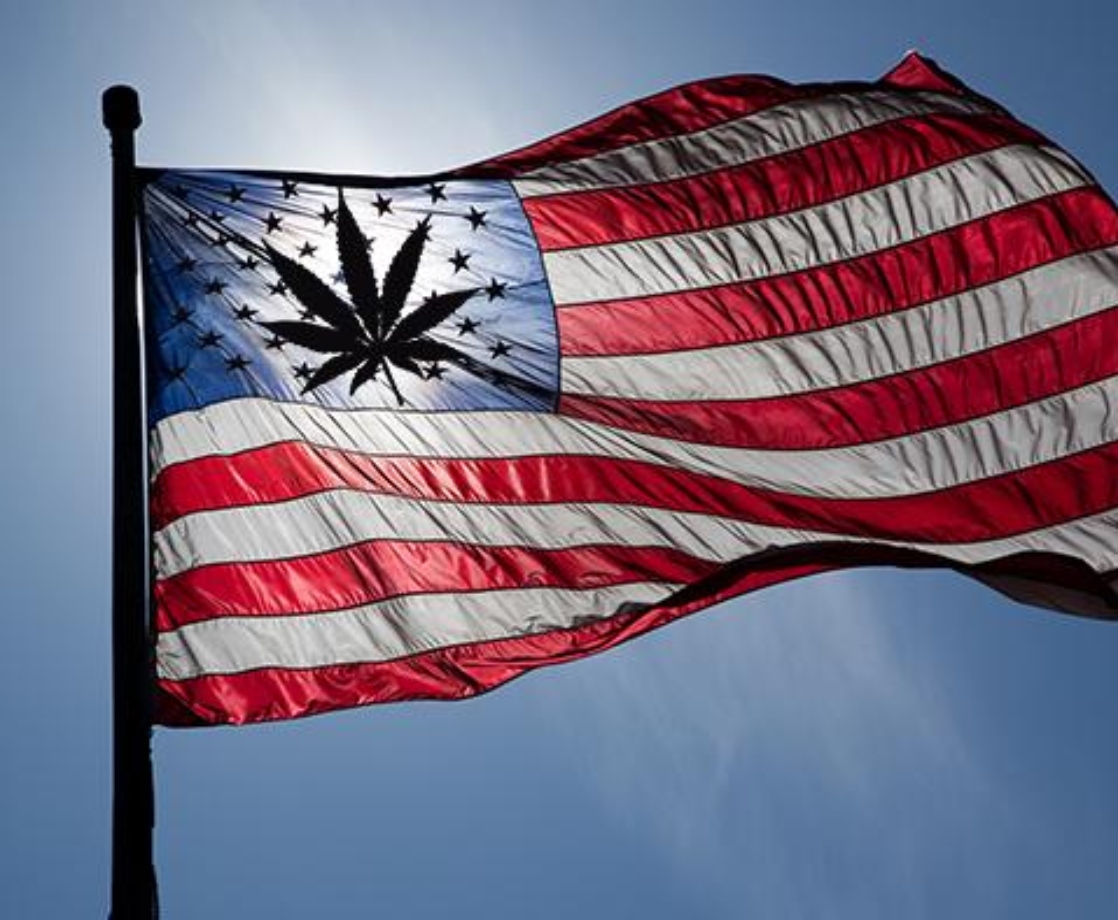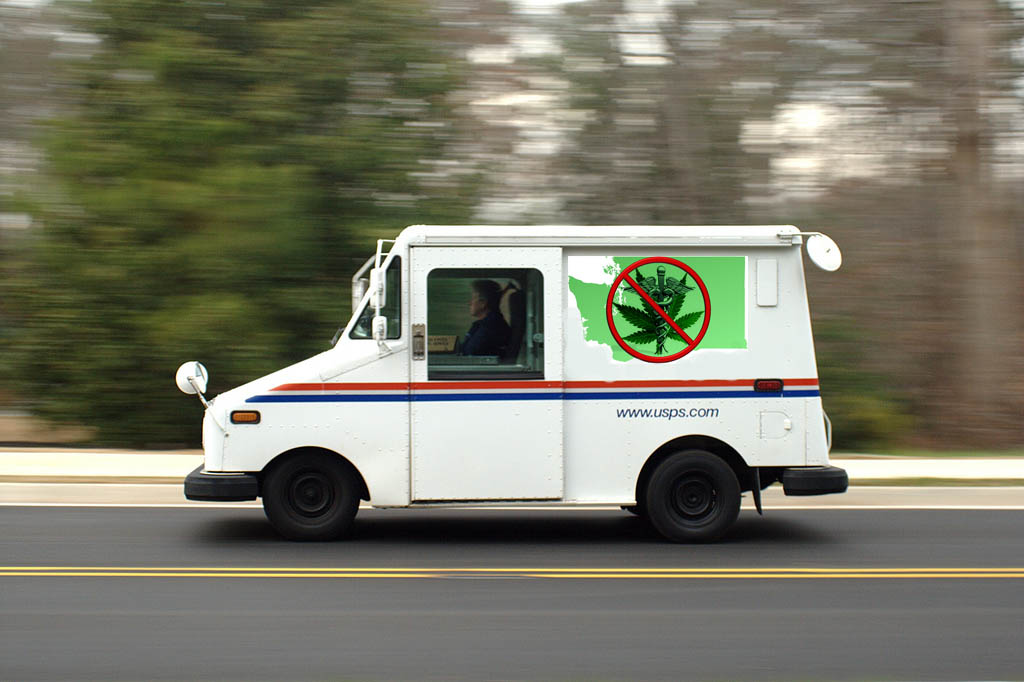North Dakota health officials have finally set up a tentative timeline for the rollout of the state's new medical marijuana program. Voters approved the North Dakota Compassionate Care Act last November, and the state Legislature drafted regulations for the MMJ program this April. State officials are now hopeful that they can get medicine to patients as soon as next spring.
Medical cannabis will be available to patients suffering from one or more of 17 qualifying medical conditions or terminal illnesses. The state Health Department will register two “compassion centers” to grow and process medical cannabis. Eight dispensaries will be registered to distribute cannabis to patients, and officials have the authority to create additional dispensaries as necessary, but patients will not be allowed to grow their own marijuana.
The Health Department has asked any companies interested in manufacturing or distributing medical cannabis to notify them by July 28th. These letters of intent are not binding, but are intended to give officials an idea of how many businesses are interested in participating in the industry. "We want to know how many are really serious about getting into this, either from a grower standpoint or a distribution standpoint," said Kenan Bullinger, director of the Health Department's medical marijuana division.
The department has studied how other states have handled the rollout of medical cannabis and prepared a timeline based on their findings. The Health Department tentatively plans to accept applications from early August until the end of September. Officials would then review applications in October and announce their final decisions in early November. "We want real, complete and thorough applications," Bullinger said. "We want to give as much time as possible."
Once the licenses are granted, officials estimate it will take six months for canna-businesses to grow and process the first crop of medical marijuana. If everything remains on schedule, cannabis would be available to patients between April and June of 2018. "I think we're still on track to deliver 12-18 months after the signing of the bill," Bullinger said.











